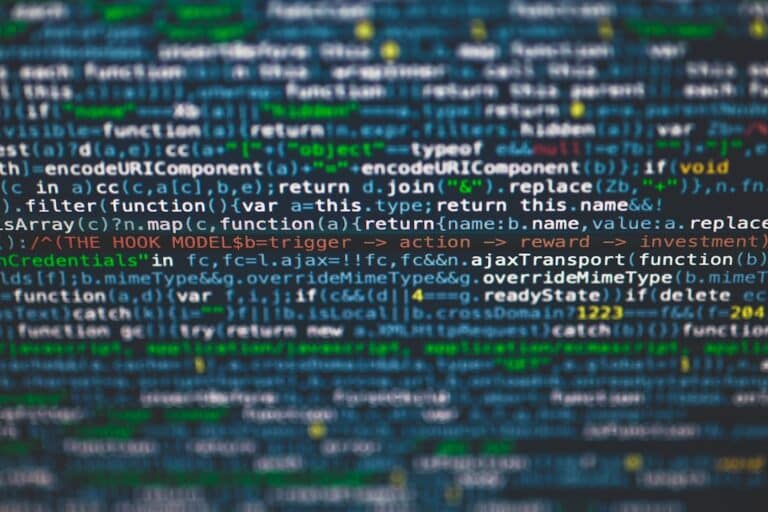In the realm of Ethereum development, it's imperative to understand the intricacies that underlie the infrastructure. One such facet is the Ethereum MethodID, particularly the 0x095ea7b3 identifier. In this article, we'll delve deep into the significance of this MethodID and its association with Ethereum contracts.
What Exactly is an Ethereum MethodID?
An Ethereum MethodID is essentially a unique identifier for a function in an Ethereum smart contract. Derived from the function's signature, it aids in the invocation of that specific function.
function approve(address _spender, uint256 _value) public returns (bool success)Given this function, the MethodID is a Keccak (SHA-3) hash of the function signature, truncated to the initial four bytes.
The MethodID 0x095ea7b3 Unveiled
The specific MethodID 0x095ea7b3 is intrinsically tied to the approve() function in the Ethereum ERC-20 token standard. The ERC-20 standard dictates a suite of functionalities for tokens on the Ethereum platform, with approve() serving as a method for token owners to grant a stipulated number of tokens to a nominated spender.
Why is the MethodID 0x095ea7b3 So Crucial?
The significance of the MethodID lies in its utility:
- Invocation Ease: It simplifies the process to call specific functions in the contract.
- Standardization: The ERC-20 standard relies on these identifiers, ensuring inter-operability across various Ethereum tokens.
- Efficiency: A lean 4-byte identifier minimizes the gas cost when invoking functions.
Best Practices when Working with MethodIDs
For developers and Ethereum enthusiasts, here are some best practices when working with MethodIDs:
- Verification: Always verify the MethodID with its associated function to prevent any mishaps.
- Optimization: Employ libraries and tools that automate and streamline the hashing and retrieval of these identifiers.
- Regular Updates: Stay abreast of any changes or updates to Ethereum standards, as these could affect MethodIDs.
FAQs
- What's the relevance of the MethodID
0x095ea7b3?
It corresponds to theapprove()function in the ERC-20 token standard. - How are MethodIDs generated?
They're derived from the Keccak hash of a function's signature, truncated to the first four bytes. - Can a contract function have more than one MethodID?
No, each function will have a unique MethodID derived from its distinct signature.


